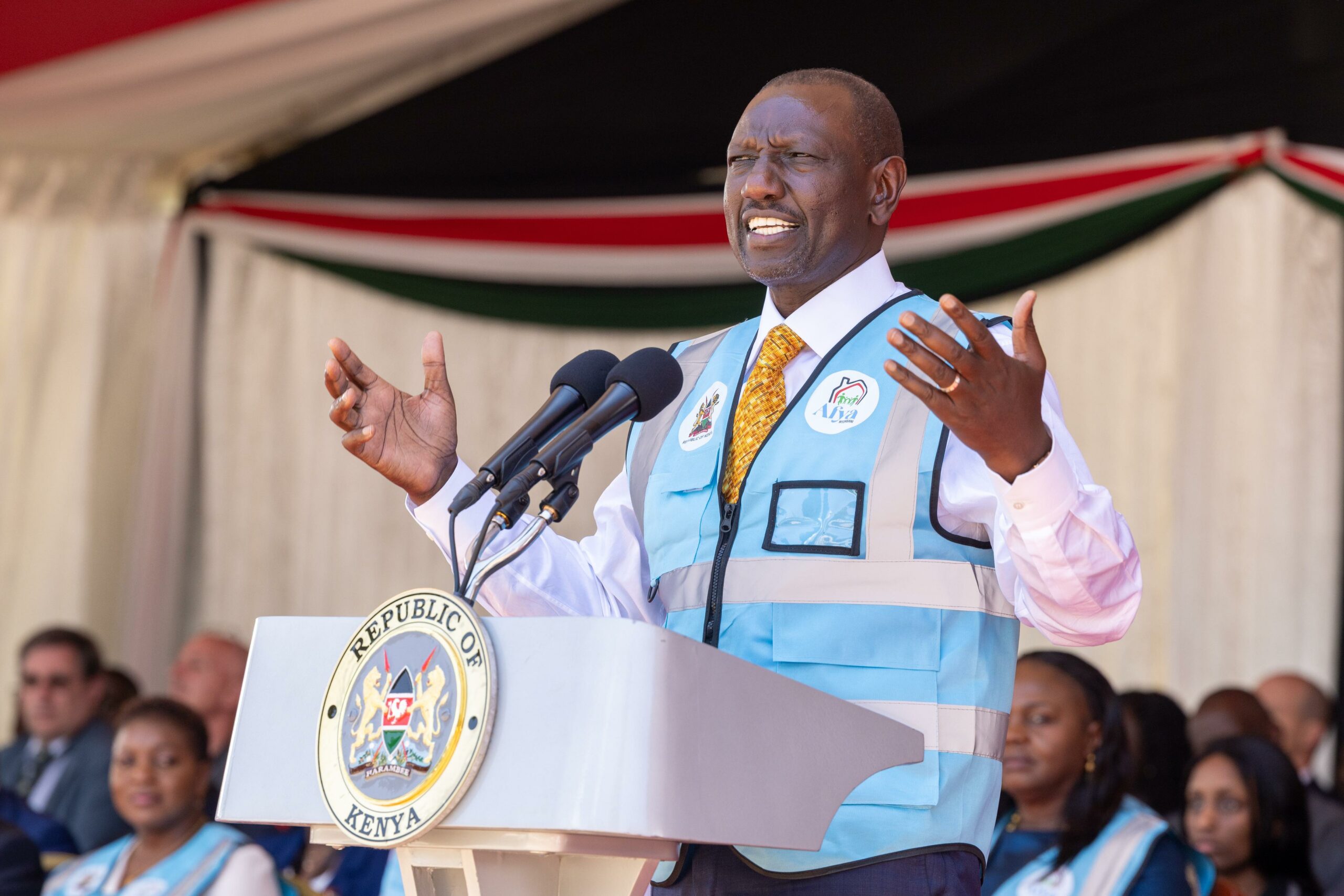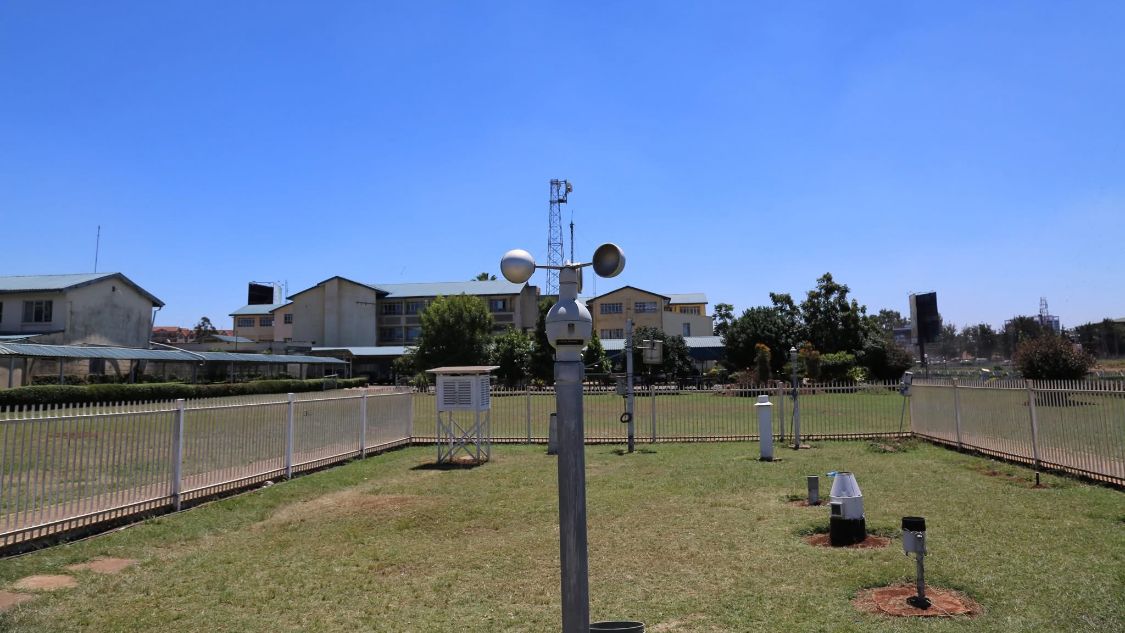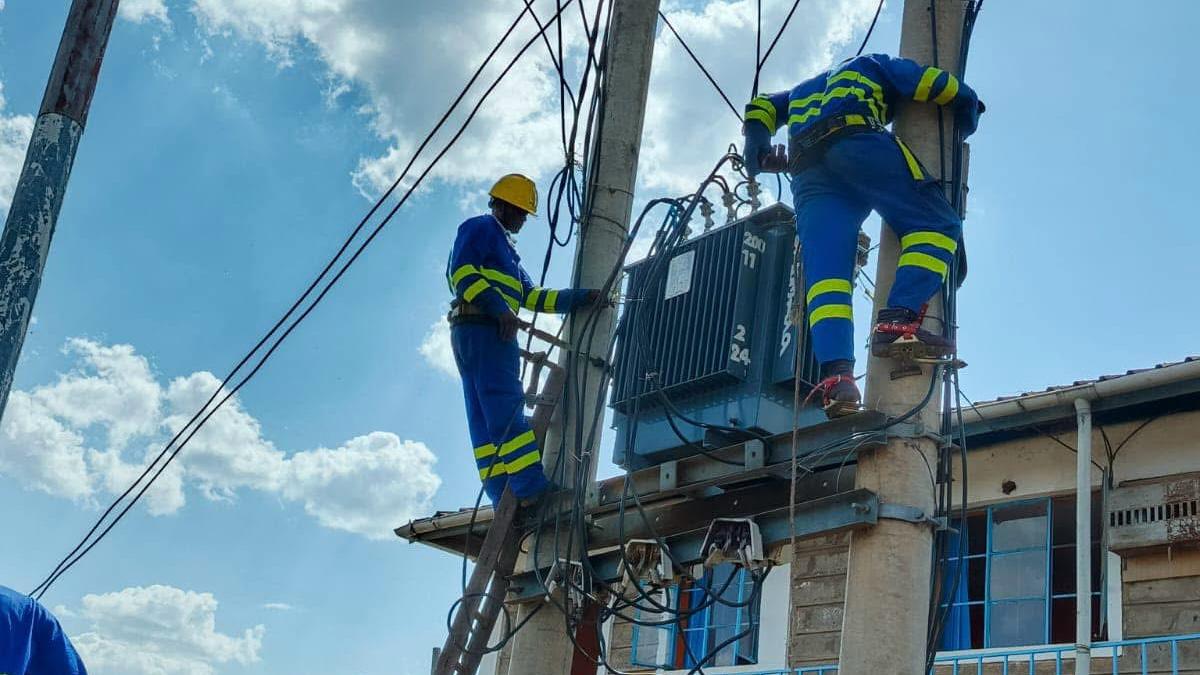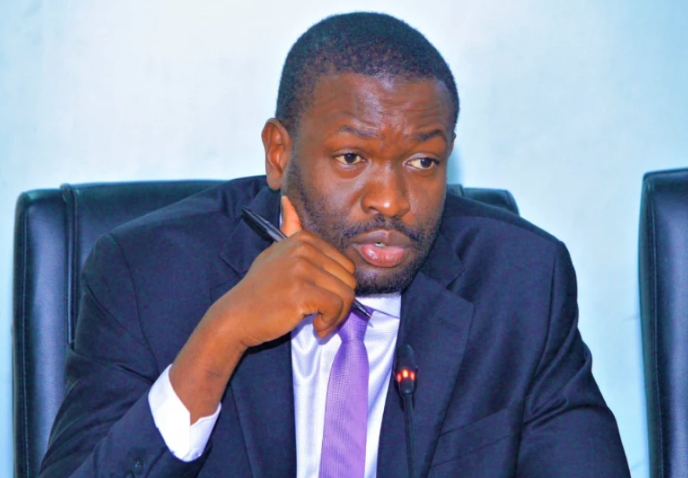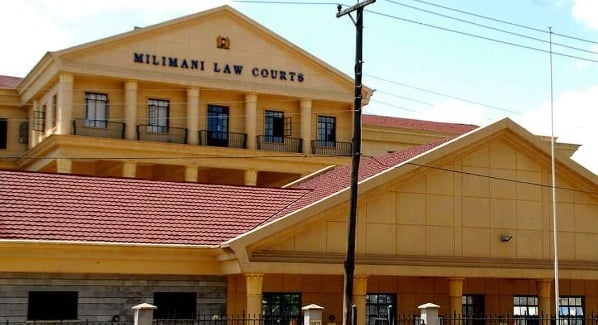Auditor General Nancy Gathungu has revealed that the government does not own nor control the Ksh104.8 billion Social Health Authority (SHA) system.
In the Auditor General's report seen by Nairobileo.co.ke, Gathungu disclosed that the system, its components, and all intellectual property rights are owned by a consortium.
“The ownership of the system, system components and all intellectual property rights shall remain in the ownership of the consortium except for the infrastructure which is to be transferred to the procurement,” the report read in part.
The Auditor General noted that the system's financing model projects Ksh111 billion in revenue over ten years, generated through SHA member contributions, health facility claims, and charges from the track and trace solution.
“According to the financial proposal, the consortium proposed the adoption of a funding model which entails charging fees from member contributions to Social Health Authority (SHA), claims from health facilities and charges for the track and trace solution at a rate of 2.5%, 5% and 1.5% respectively for ten (10) years resulting to projected revenues of Kshs. 111,019,068,754,” Gathungu stated.
Read More
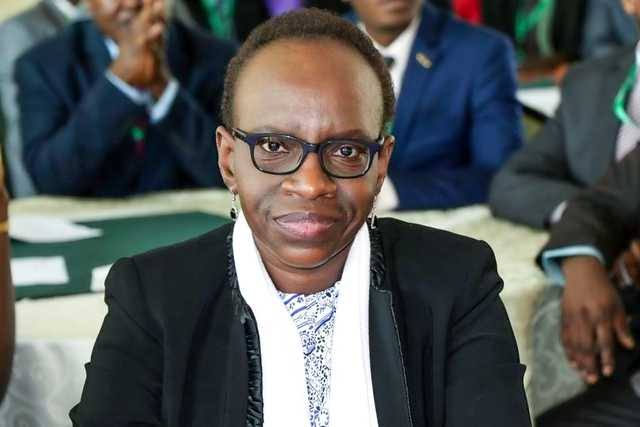
She pointed out that the revenue contributed by the government is transferred into an escrow account on a daily or weekly basis.
“These funds according to Clause 12.4 of the general conditions of the contract are to be transferred to an Escrow account daily or at a frequency of not less than one week,” the report disclosed.
Further, the Auditor General’s report revealed that the government breached the law by procuring the SHA system through a Specially Permitted Procurement instead of competitive bidding.
“The system was procured through Specially Permitted Procurement Procedure pursuant to Section 114(A) (2)(d) by directly sourcing a partner at a cost of Kshs. 104,808,136,478.
“However, this process was contrary to Article 227(1) of the Kenya Constitution 2010 which requires a fair, equitable, transparent, competitive and cost-effective ways of acquiring goods and services. In the circumstances, Management was in breach of the law,” Gathungu revealed.
She also observed that the system’s procurement was not included in the procurement plan nor the medium-term budgetary expenditure framework, which is contrary to Section 53 (7) of the Public Procurement and Asset Disposal Act, 2015.
At the same time, Gathungu disclosed that the government is prohibited from developing another system or a product that is similar to the SHA system.
“The contract prohibits the State Department from developing another system or a product with similar functionalities to compete with the system being procured, putting the Government at risk in the event of growing needs or for technological changes.
“Clause 16.2.5 (c) of the general conditions of the contract states that, 'The procuring entity shall ensure neither the procuring entity nor the Government health agencies nor the procuring entity authorized users shall access all or any part of the system in order to build a product or service which competes with the system or undertake similar functionalities to the system or attempt to do so',” the Auditor General added.
Additionally, Gathungu highlighted that disputes arising under the contract will only be resolved by the London Court of International Arbitration.
"Clause 39.1 of the contract agreement requires any dispute arising from the contract be settled by arbitration under the rules of London Court of International Arbitration," the report stated.
